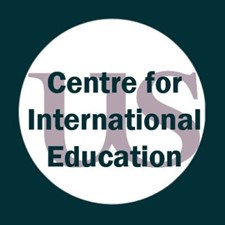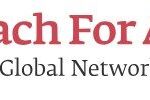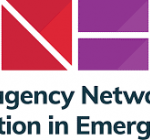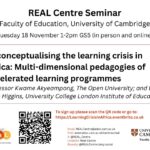
Monday 14 March 12:30 until 13:45
Online : Zoom: https://universityofsussex.zoom.us/j/97335918649 or Fulton Room 103
Speaker: Dr Robinah Kyeyune Materials Development Manager, the Education Development Center funded by USAID
Part of the series: CIE Research Cafés Spring Term 2022
This presentation reports lessons learned from implementing a reading instruction program in a multilingual context. Its overall objective is to alert researchers and practitioners to the challenges of balancing the demands of playing technical expert while remaining a curious but sensitive researcher.
While documented research abundantly illustrates the critical place of mother-tongue in early grade reading instruction, implementation of the USAID/Uganda School Health and Reading Program provides evidence of the equally critical value of the sociolinguistic realities of implementation. From an active participant position, the program team shared the knower and doer roles with beneficiaries to ensure not only impact of RTI’s early grade reading methodology but also appropriateness of the materials. The team has evidence that providing quality reading instruction is a daunting task, not least because the scope of demands reaches far beyond mother-tongue to include critical systemic and social issues. Developing early grade reading materials in 12, out of 63, local languages and English meant working with curriculum development authorities, language boards and speech communities, ministry departments and teachers’ colleges to ensure that the scope and sequence not only started from collectively validated orthographies but also matched the existing curriculum. This approach promises payoffs of ownership by both government and community entities, and a reasonable level of sustainability. Yet it has presented challenges of additional identities: arbitrator of disputes between speakers of dialects and area languages and leader for establishing authoritative structures on languages issues.
The presentation will thus demonstrate that reading instruction is about more than pedagogical expertise; it involves cultural sensitivities and ethical values.





